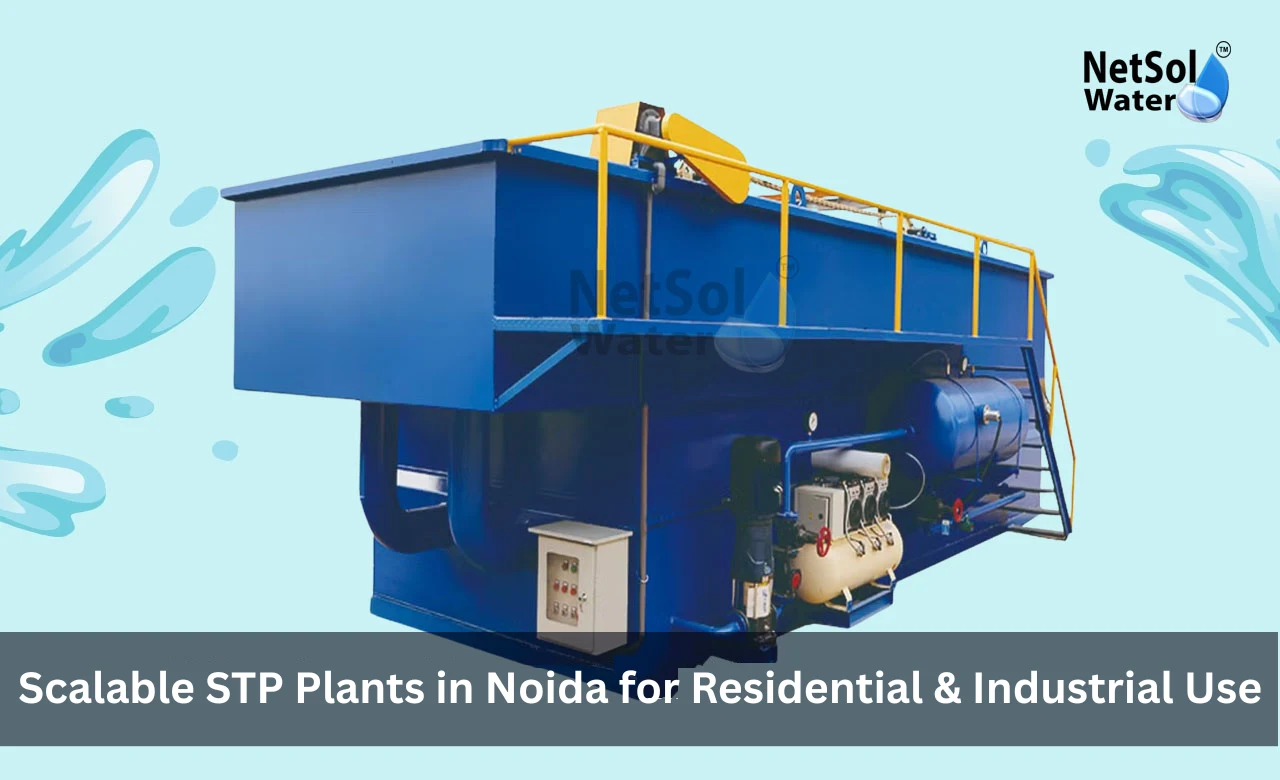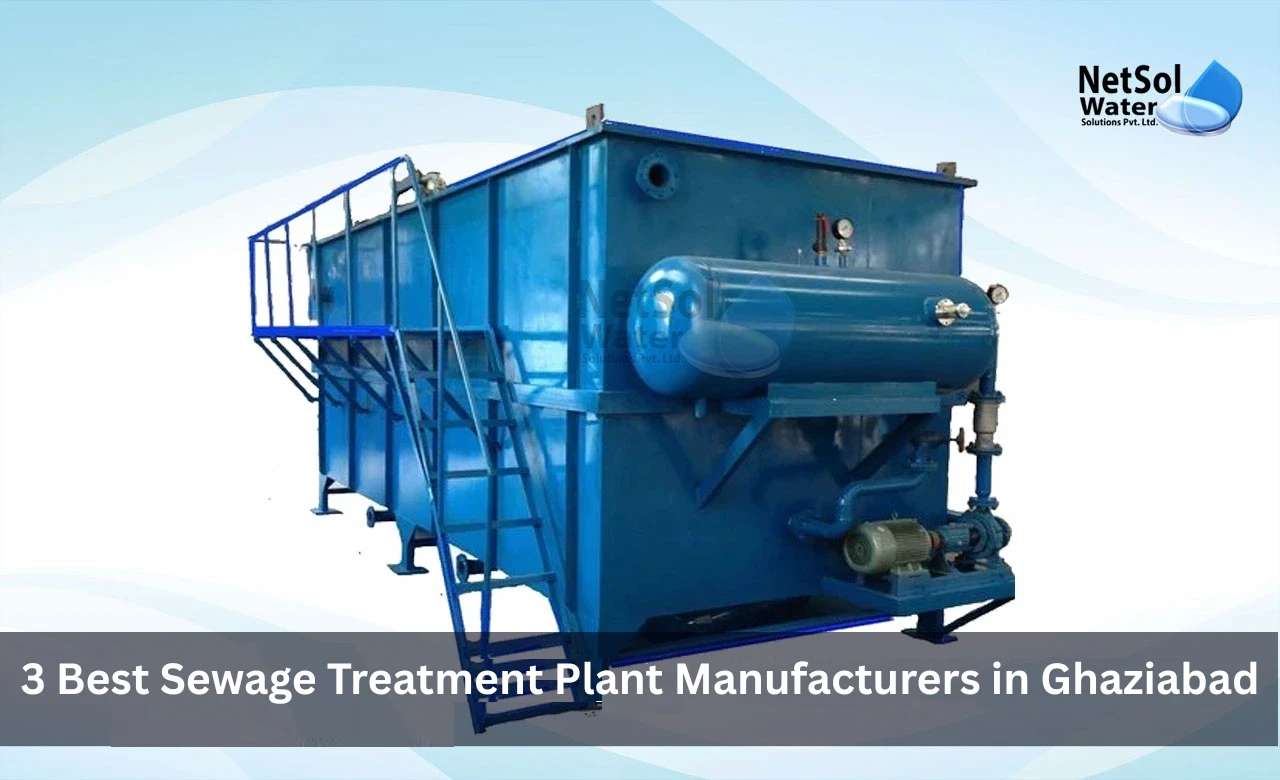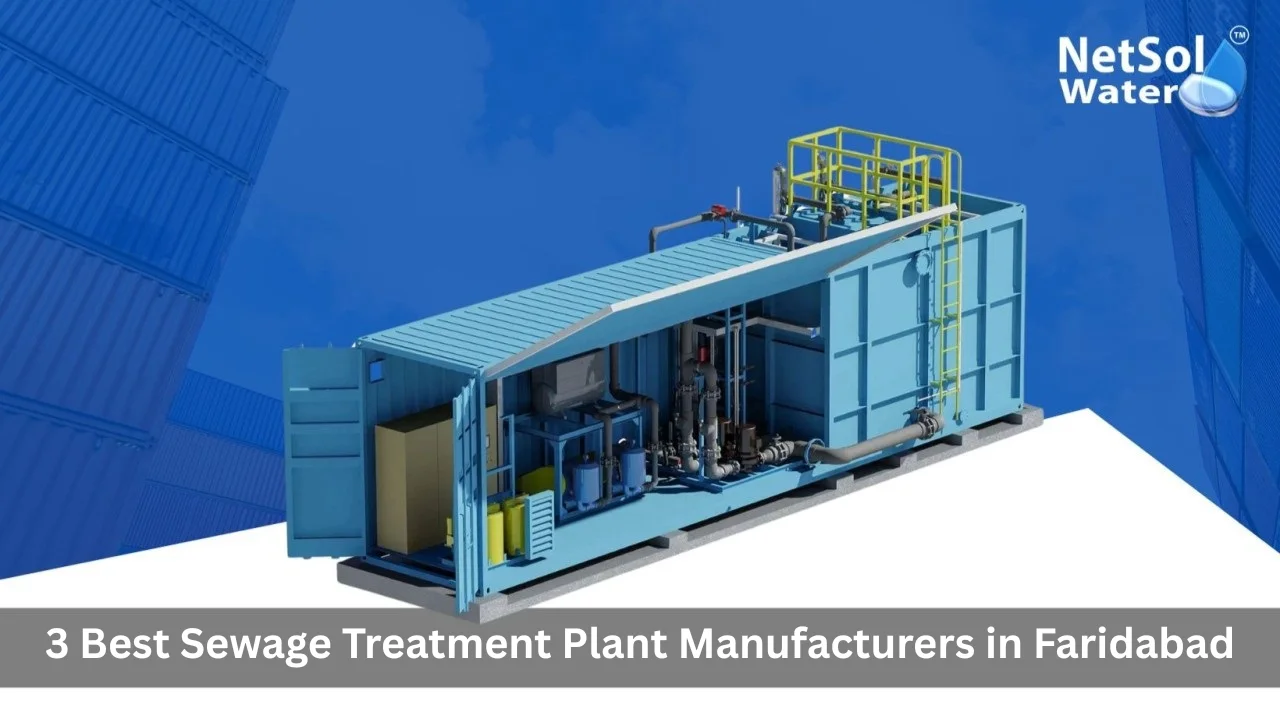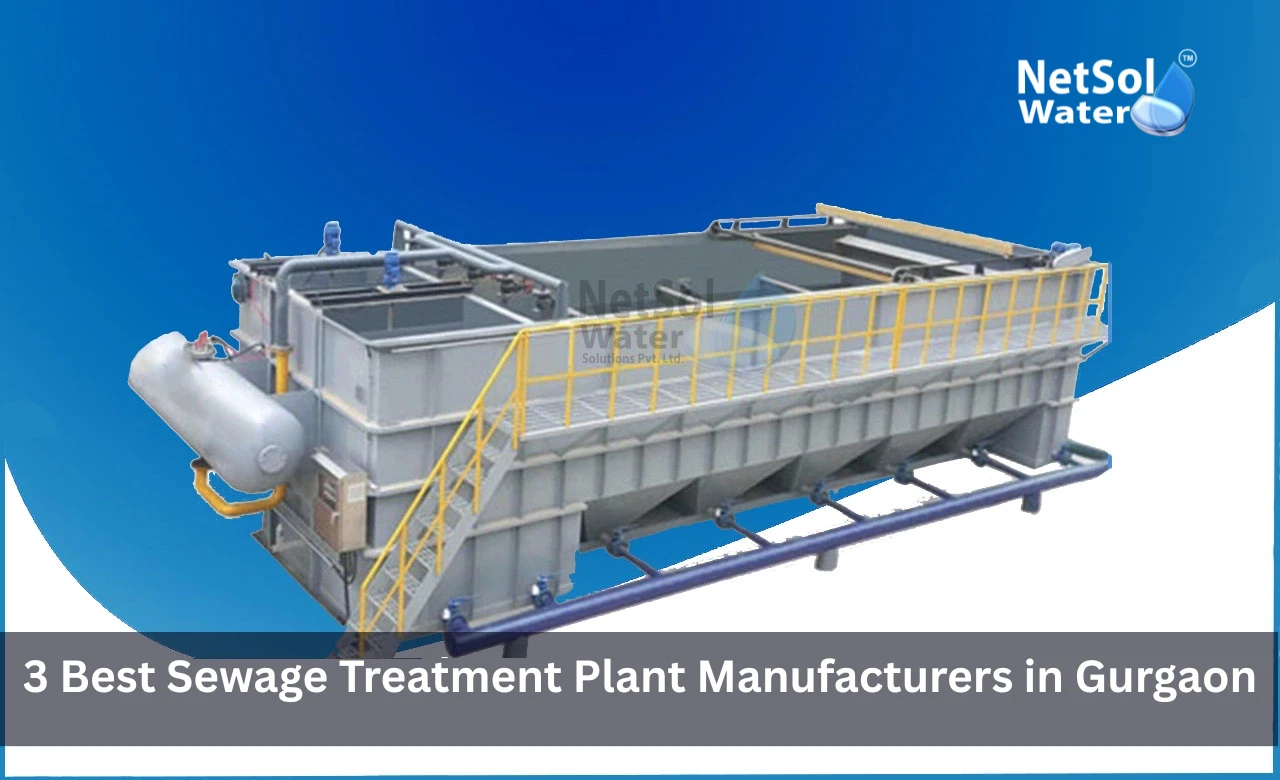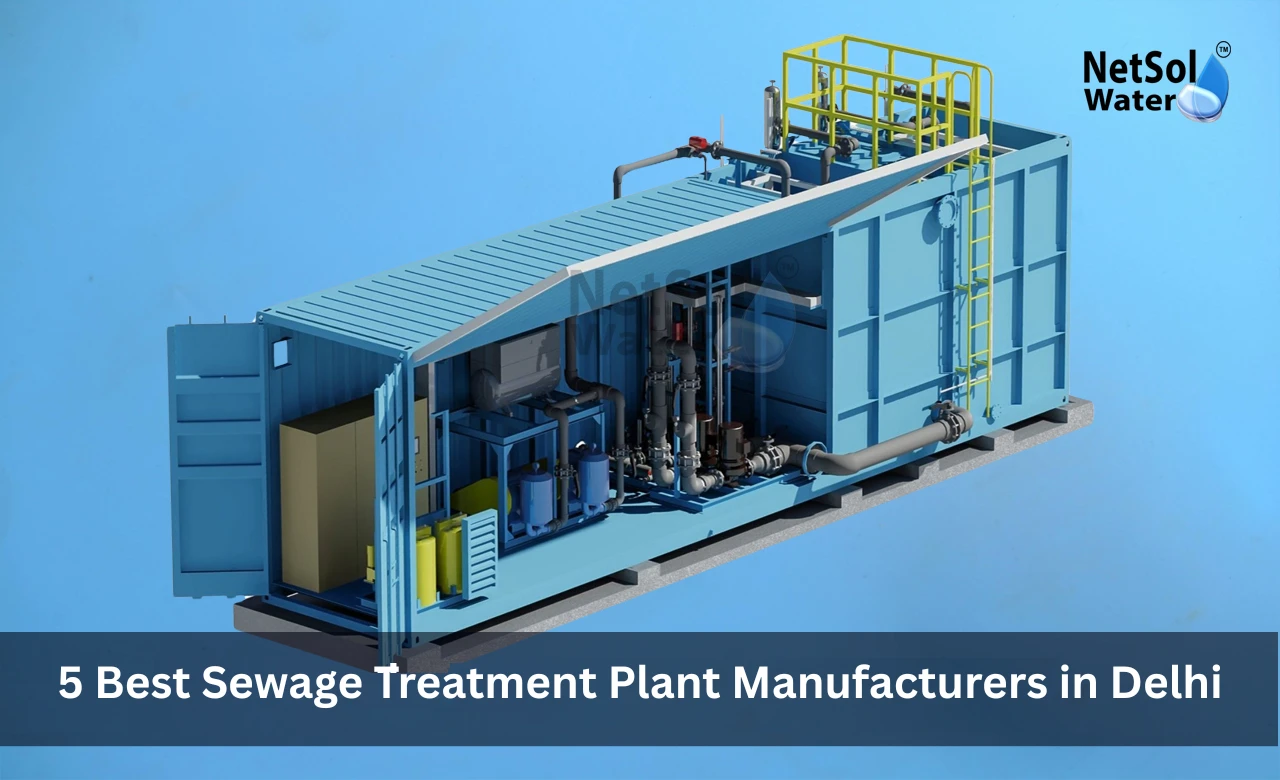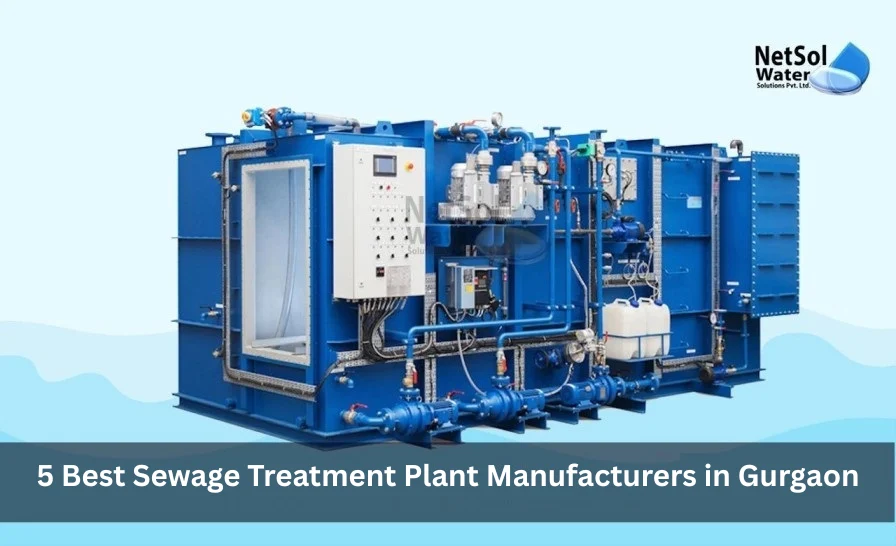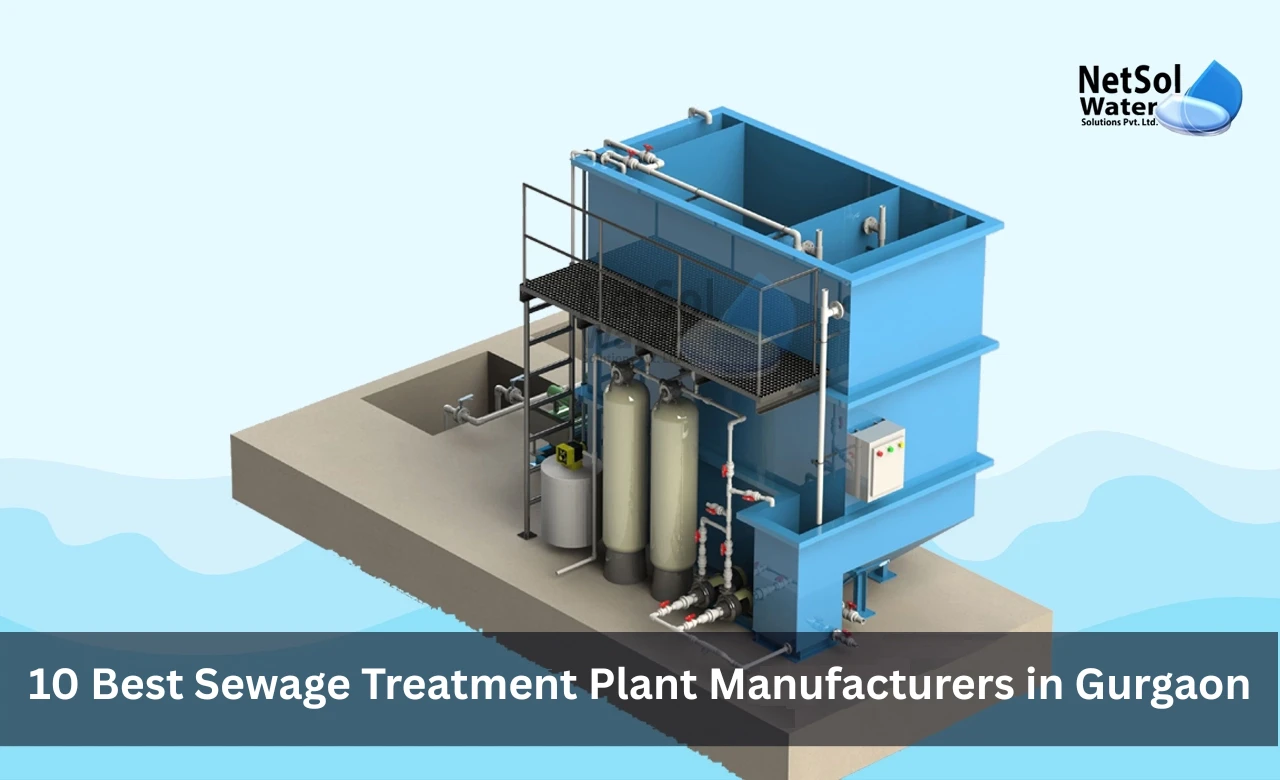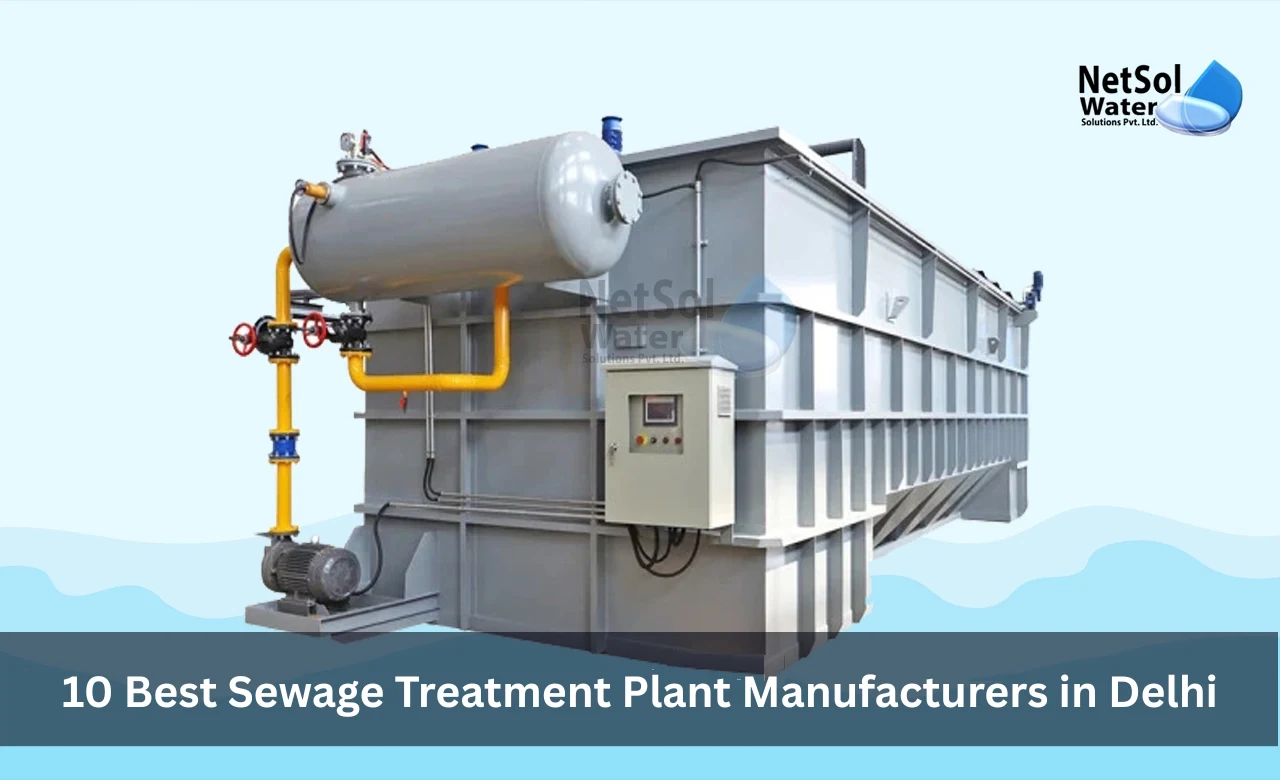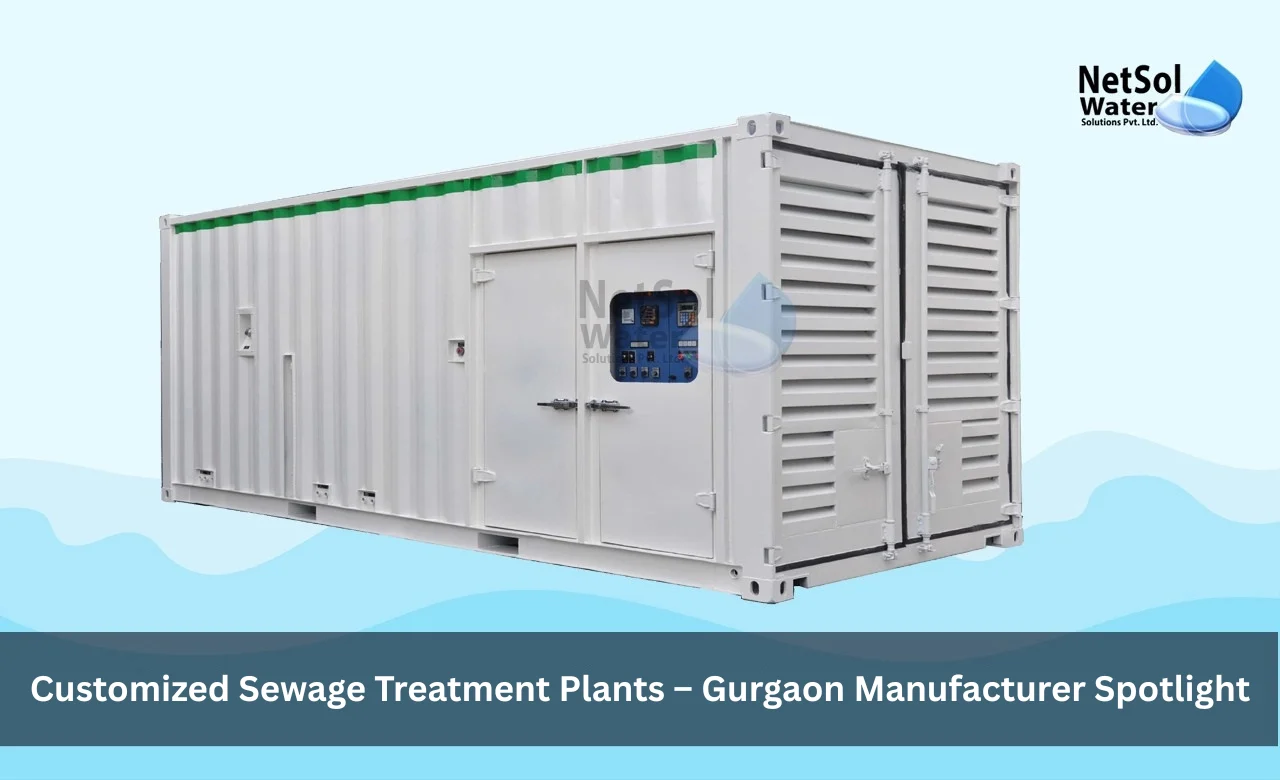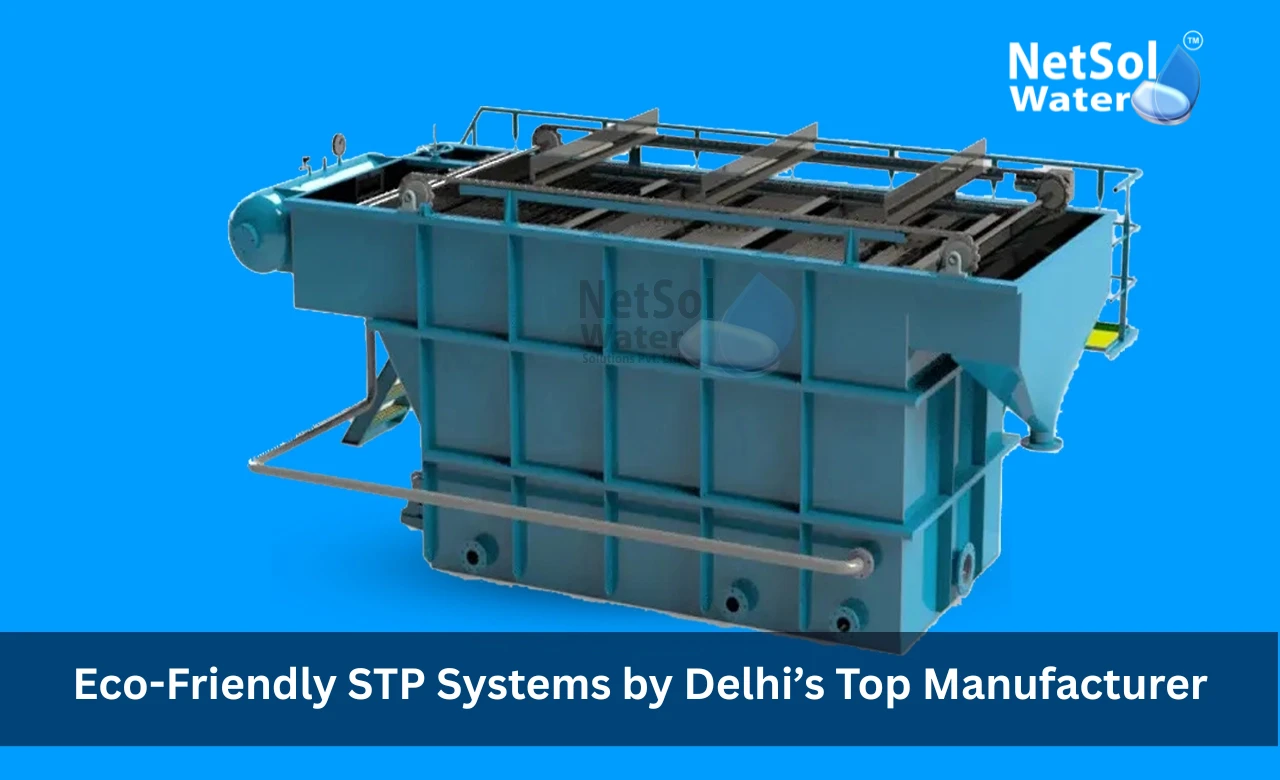Scalable STP Plants in Noida for Residential & Industrial Use
Netsol Water leads as a Sewage Treatment Plant Manufacturers in Noida and brings scalable plants. In this city people value clean living and responsible water use. Wastewater can harm the local canals and fields if we do not treat it right. A plant that grows with demand meets those needs in a smooth way. By choosing a scalable STP plant residents and industries gain both clear water for reuse. Let us explore why this approach matters now and how Netsol Water makes it real in Noida.
Importance of Scalable Sewage Treatment
Scalable sewage treatment delivers a future proof path to handle water waste and adapt to changing needs. It saves both time and money and it supports clean water goals.
Modular Design for Growing Demand
Modular units link in stages so we can start with a small set and add more as population or production rises. Each module performs a full round of treatment so adding one boosts capacity in full steps. This method avoids heavy downtime and cuts initial investment. Netsol Water, a leading Sewage Treatment Plant Manufacturer in Noida, designs modules that fit tight spaces and link up in standard ways. Teams set them in place fast and start flow right away.
Adaptive Capacity without Waste
Adaptive systems match real time flow and adjust treatment steps to save energy and chemicals. They sense load and shift power to match activity. When flow dips at night the plant slows pumps and cuts back on aeration. When flow spikes in the morning it shifts gears to meet the surge. This smart control avoids waste and reduces operating cost. Residents and managers see a lean running plant that answers each shift in water use.
Scalable STP Plants for Residential Use in Noida
Homes and apartments in Noida face rising water demand with new towers and gated communities. A scalable STP plant brings clean reuse water for gardens and flush systems and it meets growth without starting fresh.
Space Efficient Layout for Communities
Netsol Water fits modules under driveways and beside lawns without waste of land. Each container style unit links by pipes that run under walkways. They stand low and hide behind screens. Installers join units in a row or a cluster to match site shape. Residents get treated water for non drinking use in tanks that sit near the pool area or garden zone. This layout cuts pipe runs and avoids extra trenches.
Low Maintenance for Homeowners
A simple control panel tracks flow and warns when filters need service. Modules use easy to swap cartridges and clear sight tubes to check sludge levels. House societies run checks once a week and empty sludge once a month. Netsol Water trains local staff to spot issues fast and to replace parts in minutes. Homeowners enjoy reliable cycle and cost stays low. Clean water flows back into gardens and flush lines without fail.
Scalable STP Plants for Industrial Use in Noida
Factories and workshops create large and varying waste streams. A flexible STP meets strict rules and saves water for cooling and cleaning processes.
High Throughput to Match Production
Industrial units can go from idle to full shift in an hour. Scalable systems handle these swings by linking high capacity modules. Each module filters grit and oils then runs bio treatment and final polishing steps. When a new line opens or output grows the team snaps on extra modules to double or triple capacity.
Regulatory Compliance and Reporting
Noida industries must meet strict discharge standards before release to drains or canals. Netsol Water’s STP units include sensors that log pH, turbidity and BOD on each batch. Operators get reports on screen or by email each day. Authorities see proof of clean release and industries avoid fines. When rules tighten Netsol Water sends tuned software updates to meet new limits without hardware rebuild.
Conclusion
Scalable STP plants prove why Netsol Water stands as the leading Sewage Treatment Plant Manufacturer in Noida. You gain plants that grow as you grow and that keep costs low at every step. Connect with our team today to plan your next scalable sewage solution or to request a free site survey. Let us help you build a clean water future.
Phone: +91-965-060-8473
Email: enquiry@netsolwater.com

